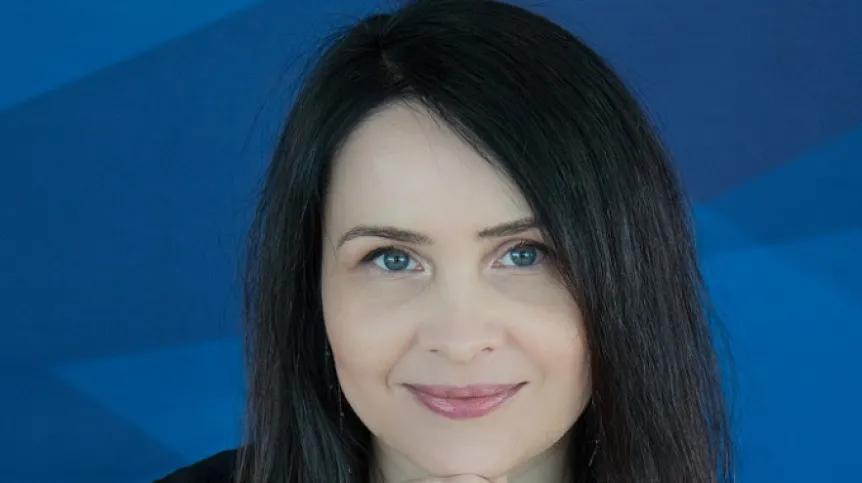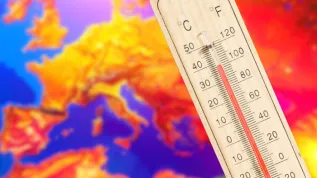
The economy of climate change is not just the funds needed, for example, to implement EU regulations; it is also an opportunity for the development of new industries and businesses, which is why it is necessary to communicate this problem precisely, says Dr. Monika Wieczorek-Kosmala from the University of Economics in Katowice.
Continuing, the professor who is coordinator of the Centre for Economics of Climate Change (CECC) which is being established at the university, says: ’There is a lot of talk about how expensive it is to invest in projects consistent with the goals of sustainable development, or how expensive the investment related to the so-called green transformation are. And after all, these activities are about the quality of our and future generations' lives.
'In this context, we want the problem of the economics of climate change not to be perceived only through the prism of the so-called sustainable finance or green finance, but also through the positive impact of climate change on the macroeconomic situation or changes in business.’
The economics of climate change is a new branch of economic science. The term was used by the British scientist and politician Professor Nicholas Stern in the title of a 2006 report, in which he included an analysis of the economic costs of climate change.
'Referring to the definition of economics as a science, the economics of climate change deals with the impact of climate change on the production, distribution and consumption of goods and services in the economy,’ says Wieczorek-Kosmala.
She adds that the greatest challenges posed by climate change in the economic dimension can be identified by dividing the risks into physical risks and transition risks.
'The former include acute risks, exemplified by the recent fires in Greece. From an economic point of view, we can clearly see their obvious impact on tourism or agriculture. There are also chronic risks, such as the issue of constantly rising water levels in seas and oceans, which pose challenges in the long term, e.g. in terms of the use of land located by the coastline or changes in water transport logistics,’ she says.
The second classified group includes transition risks. 'These are primarily actions resulting from regulation attempts so that the activity of entities supports the achievement of climate neutrality. At the same time, it is not only about reducing emissions, but also a long-term view, taking into account, for example, the allocation of capital to projects that meet the low-emission requirements,’ Wieczorek-Kosmala says.
In her opinion, each risk on the one hand can bring negative effects, but it is also an opportunity for something positive. 'When planning a business for the future, you can already think about the consequences of climate change and look for niche solutions that, for example, will help people adapt to these changes,’ she says.
She adds that without sacrifices - from as small as giving up plastic straws to industrial transformation - the assumptions of climate neutrality will not be achieved. 'Sooner or later we will all face these challenges and we will suffer some inconveniences,’ she says.
In her opinion, there will still be time for education at economic universities in the narrow specialization of climate change economics. 'However, I believe that even now every student graduating from an economic university should be equipped with knowledge in this area and prepared for new professional roles, regardless of what they have studied. For example, a logistics graduate must be aware of all the challenges related to sustainable transport. In turn, an accounting graduate must be prepared to report the emissions of given projects. Marketing graduates must be able to predict consumer behaviour that may change due to climate change. Every economist should be a climate change economist, otherwise it will be difficult to make the necessary changes and meet these challenges,’ she says.
Continuing, she adds: ’Young people understand how big a problem climate change is and therefore consciously support sustainable development. I am glad that the trend of being eco is visible among them, because the success of the green transformation depends on them to a large extent. From the perspective of social awareness, it is important that we try to properly communicate the need to change our attitudes towards the climate neutrality policy - this is not another obligation or limitation, but a challenge that we must meet in order to give future generations a chance.’
PAP - Science in Poland, Agnieszka Kliks-Pudlik
akp/ bar/ kap/
tr. RL













